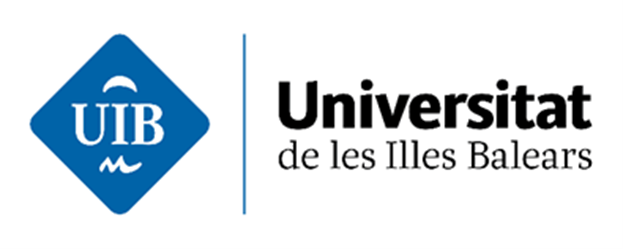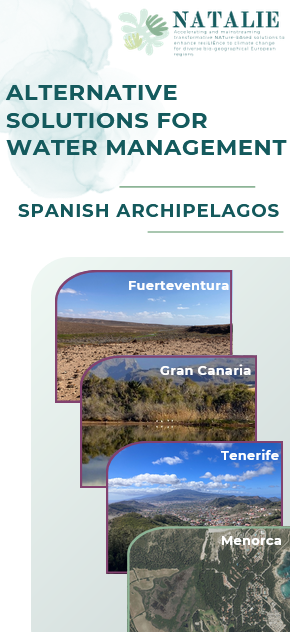CS#4 - Alternative water management solutions in Spanish Archipelagos - Baleares
This case study is also available in Spanish.
This case study consists of a Demonstrator Site and a Follower Site.
FL#4 - "Baleares " (Spain)

The case study in 5 minutes

Quote


Location
The follower site, the Menorca Island, which is part of the Balearic Islands, is connected to demonstration site 4 (Canary Islands). Menorca is located in the Mediterranean Sea.

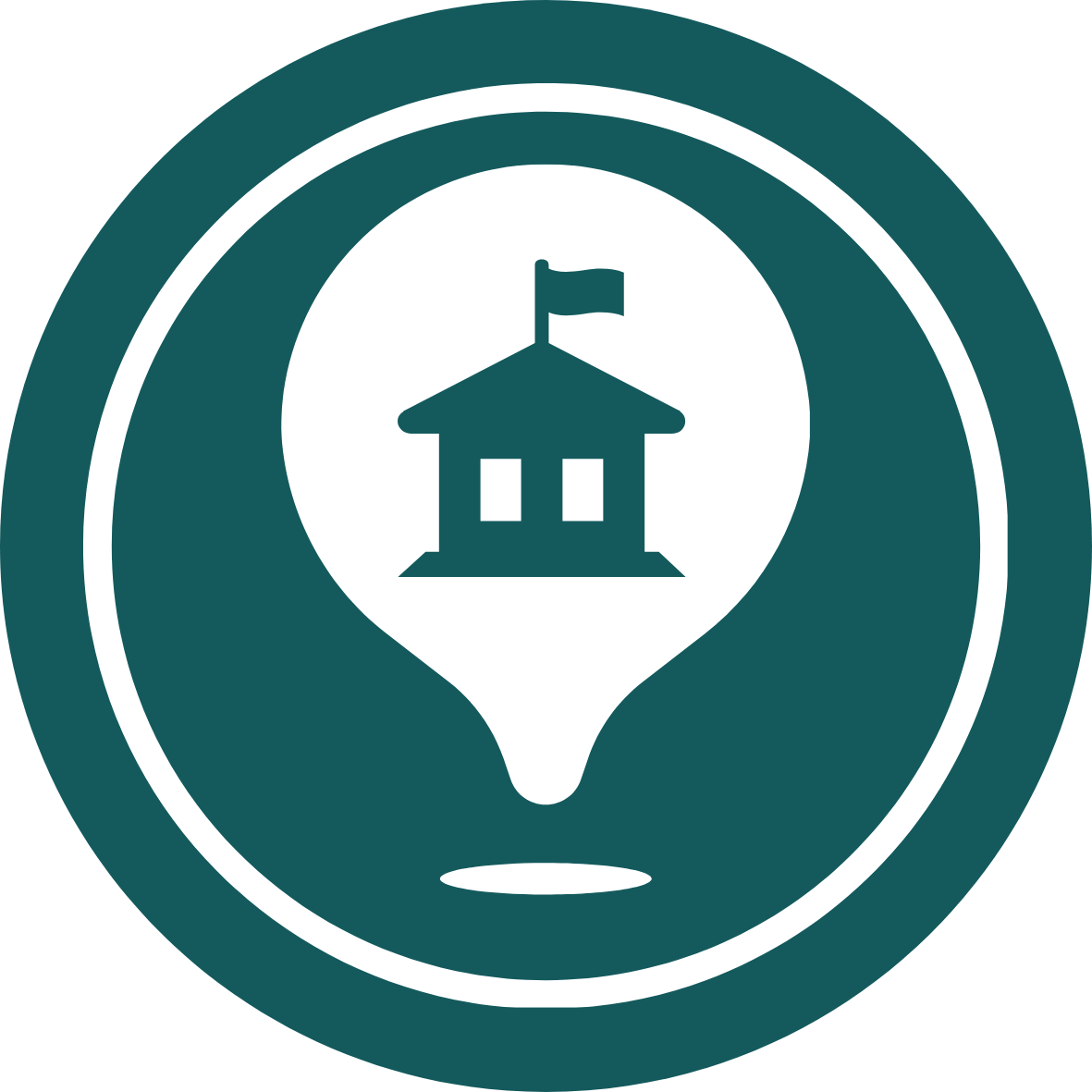
Description of the area
-
Biogeographical region: Mediterranean
-
Landscape context: Mixed urban/rural area
-
Hydrogeology: Six carbonate-rock aquifers supply the island’s groundwater; primary bodies in the south face overexploitation, nitrate pollution, and saline intrusion
-
Water Supply & Demand: Despite the advent of desalination for peak tourist demand, groundwater remains the main source; domestic (including tourism) consumption on Menorca is 9.52 hm³ for 94 467 inhabitants
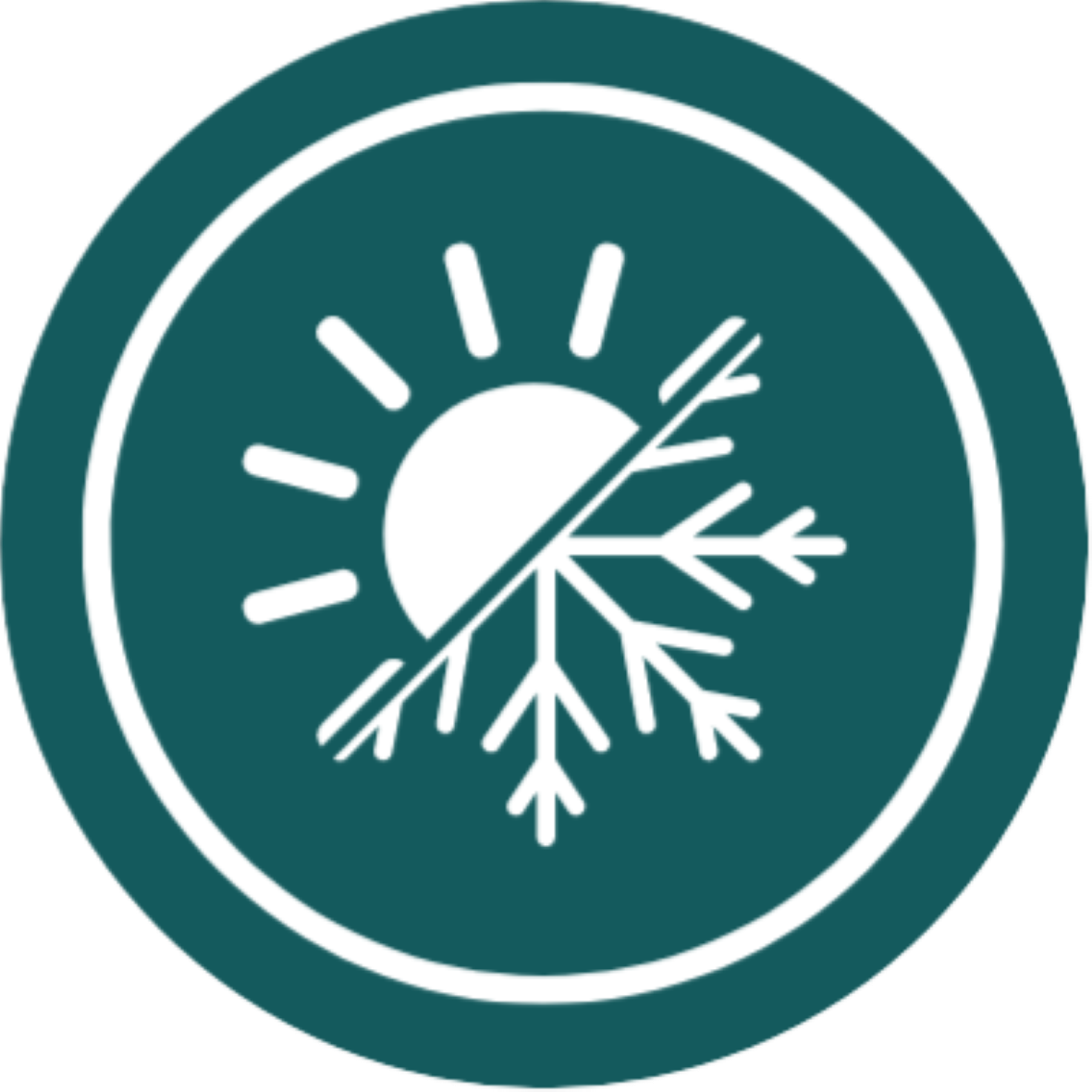
Climatic Challenges


Planned activities
The challenge is to find a different method for recharging this aquifer using treated water from wastewater treatment plants from ponds (spreading grounds) or from wastewater effluents to streams (infiltration). The interest is in applying new methods and possible nature-based solutions to manage aquifer recharge (MAR). The project will propose the most suitable site/s for recharging the aquifer in collaboration with the regional and local authorities and stakeholders.
Specific follower actions to be implemented:
Capacity building:
• Implementation of Managed Aquifer Recharge (MAR).

Progress
In the Balearic Islands, nature-based solutions (NBS) are being used to address the managed aquifer recharge in the area of Son Saura, NE of Menorca, where a golf course is located upstream of the wetland of Mercadal. The first steps are dedicated to knowing how the infiltration of the regenerated water used for irrigation in the golf course is working and how affects the groundwater dynamics and the surface processes in the wetland. Data about groundwater level, water quality and geological characteristics of the area is going to be collected in the next months.
FL#4 – MENORCA
Field campaign planned will help to get necessary data for the geological model of the study area. There are two boreholes, and planned to drill three more, where it will be installed piezometric sensors (water level and conductivity) and will collect water samples for the water quality of the surface and groundwater

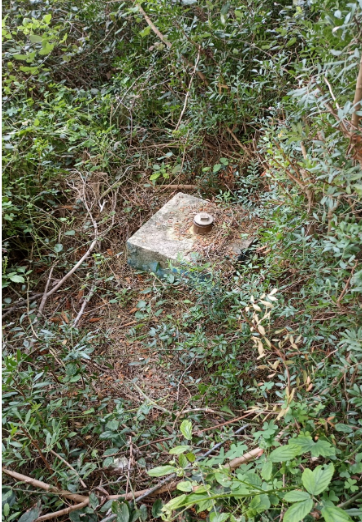

Ambition
Ambition during the project
To be the first aquifer recharge experience using a nature-based solution in the Balearic Islands.
Ambition after the project
Elaboration and dissemination of best practice guidelines to allow the applicability in another islands, like Mallorca and Ibiza.

Questions
Ever wondered how nature can help us tackle climate change? NBS are “Solutions inspired and supported by nature, which are cost-effective, simultaneously provide environmental, social and economic benefits and help build resilience.” European Commission, 2015.
Regarding biodiversity, few ponds (dams) are shallow and allowing vegetation to develop, but most of them are too deep to welcome a rich biodiversity, making them less interesting than very small ponds disconnected from watercourses.
They involve complex interaction between water, soil, plants, micro-organisms and the atmosphere. With proper design and management, they offer simple operation tasks, making them cost-effective for small municipalities.
Constructed wetlands treat wastewater using natural processes, offering both treatment efficiency and resilience to hydrological hazard.
SuDS are integrated systems that manage urban surface water by mimicking natural drainage rocesses, using elements like permeable surfaces, rain gardens, and detention ponds to reduce flooding, improve water quality, and enhance biodiversity in urban areas while providing aesthetic and environmental benefits to urban spaces.

Gallery





Involved partners
